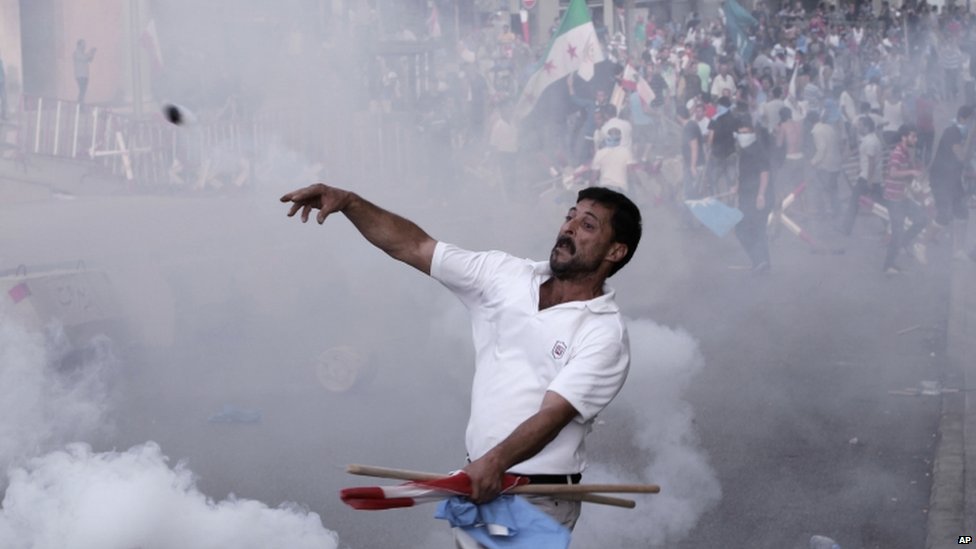A Policy or A Eulogy?
Anymore delays and the world will have to come up with a eulogy for Syria rather than a policy. But even then, one’s still has to wade in blood to attend the burial ceremonies. The fact that the world has chosen to turn its back on us does not mean that it will not be sucked, back first, into the developing black-hole.



